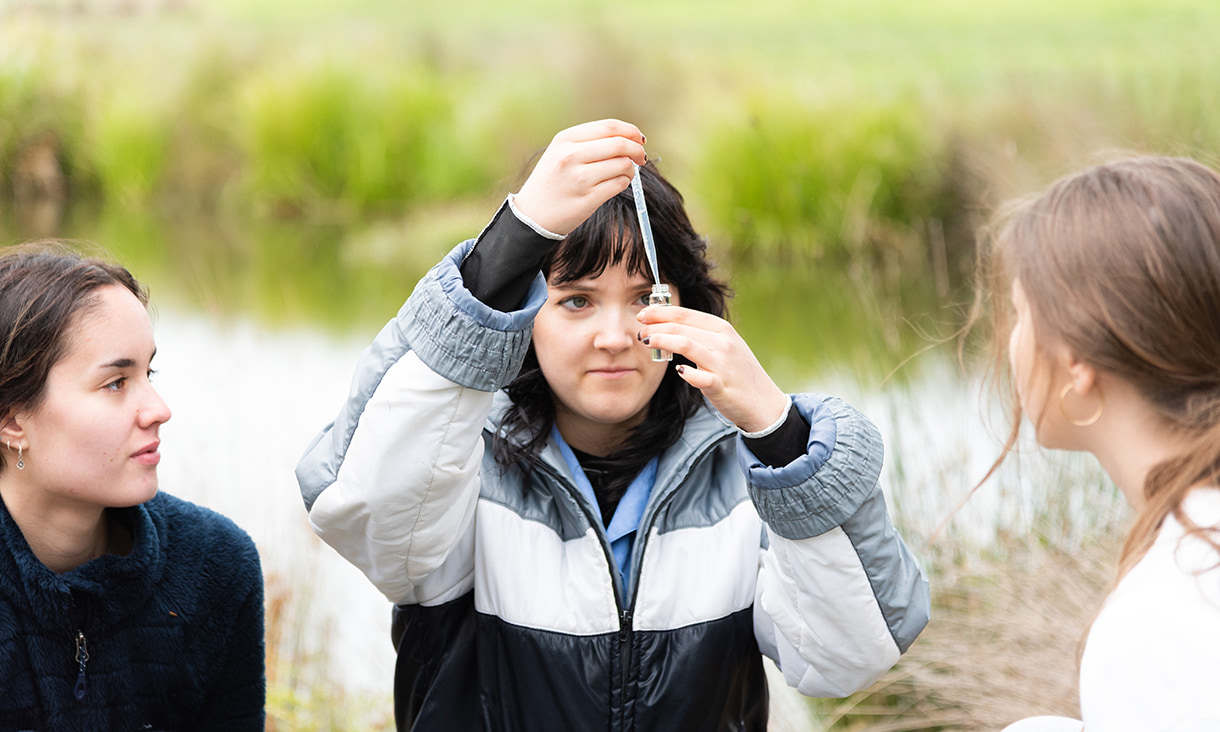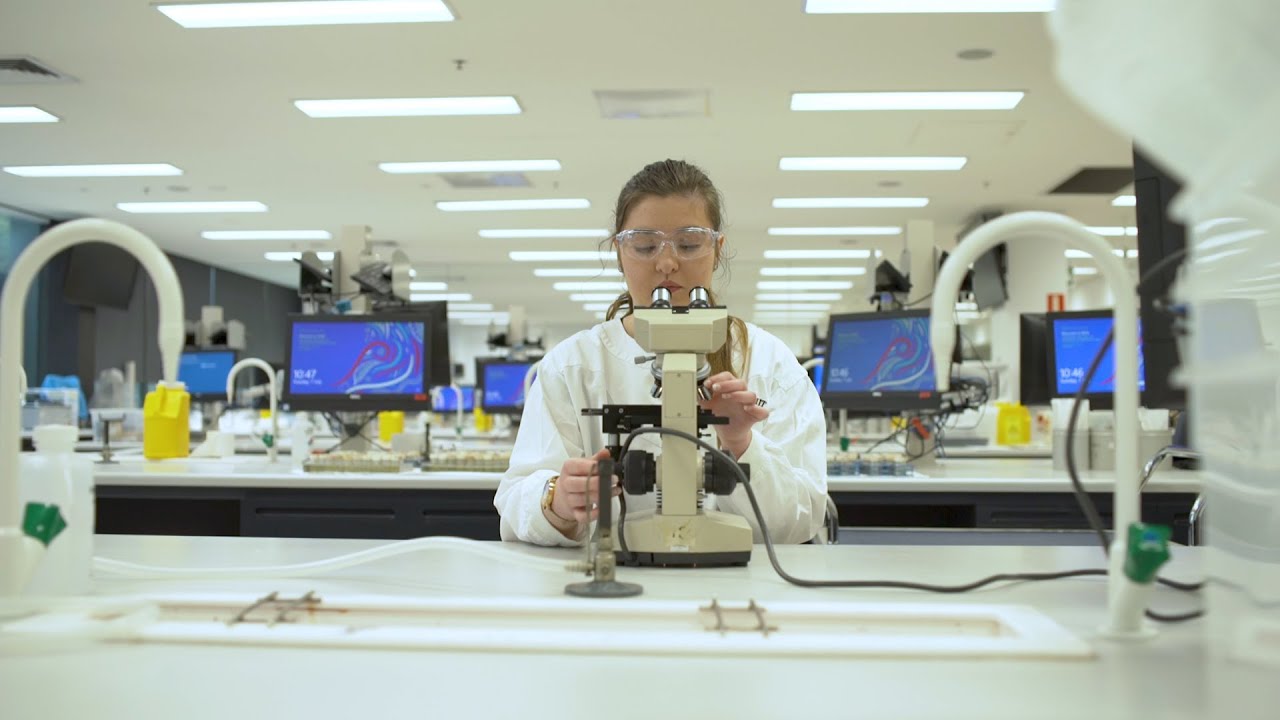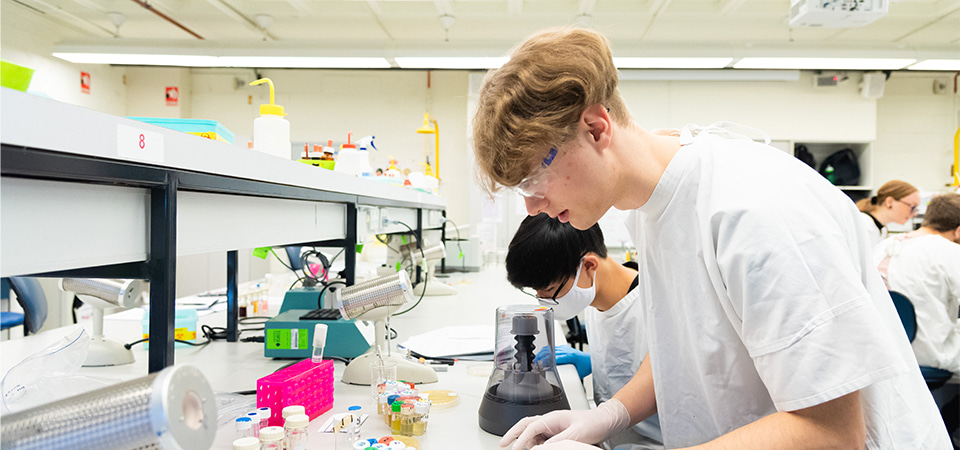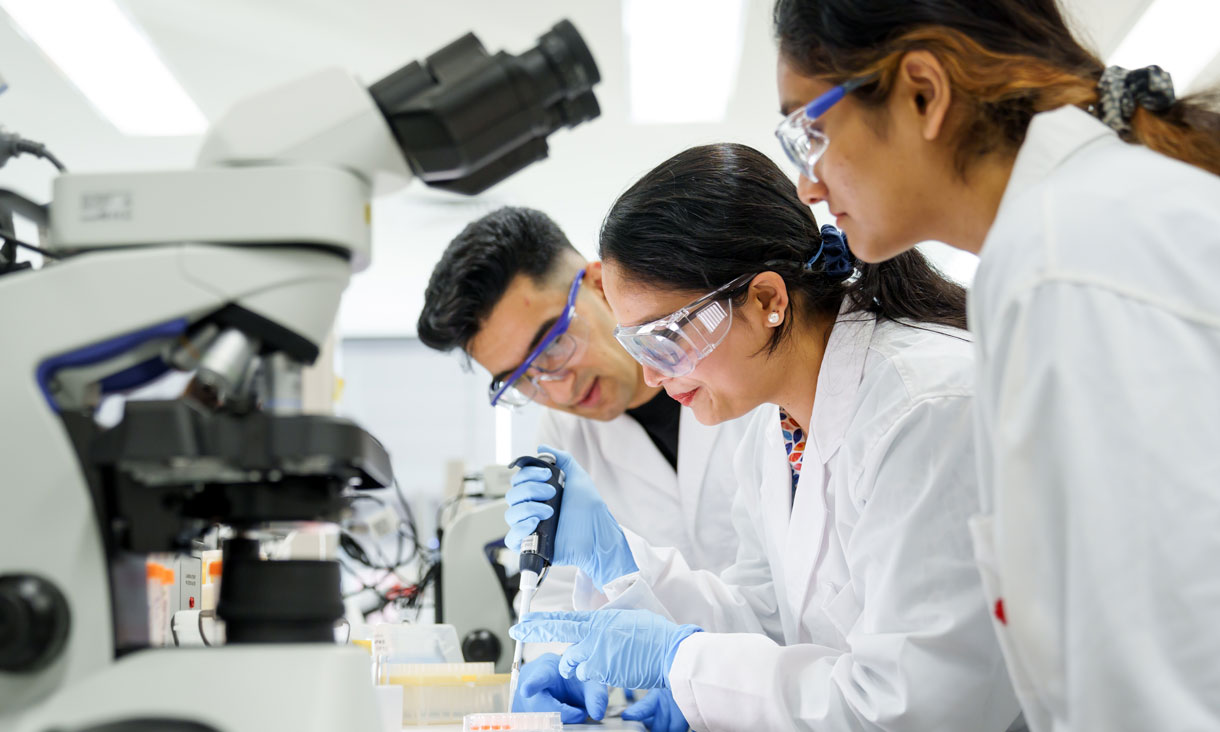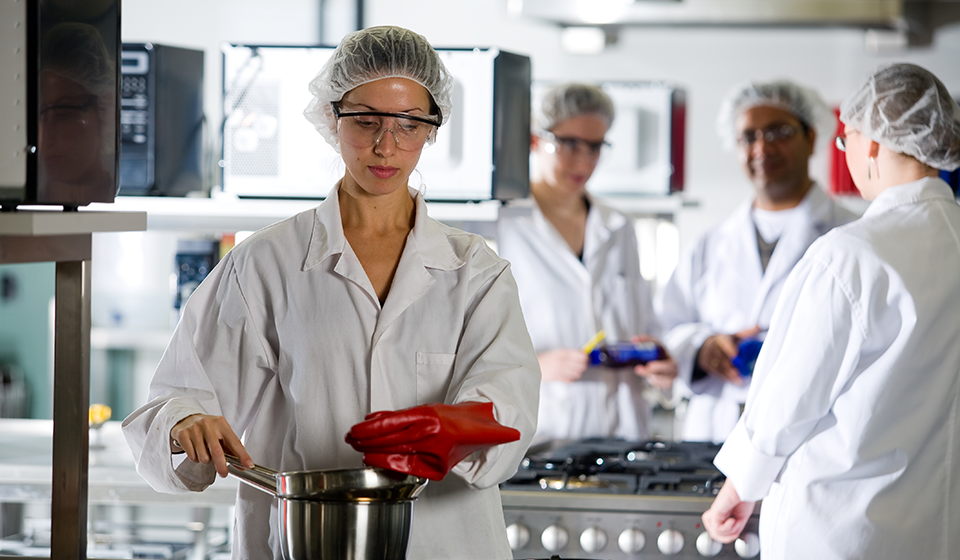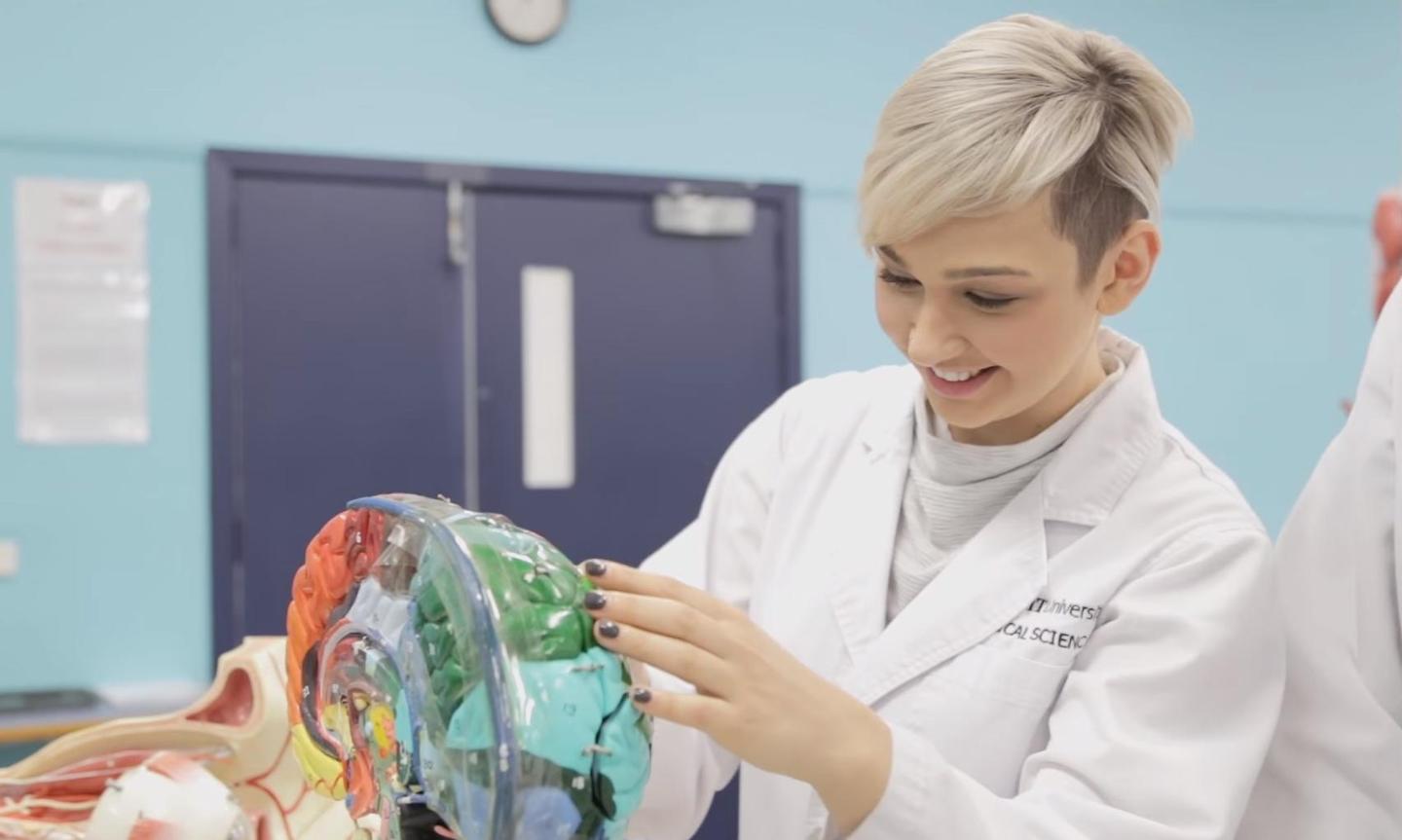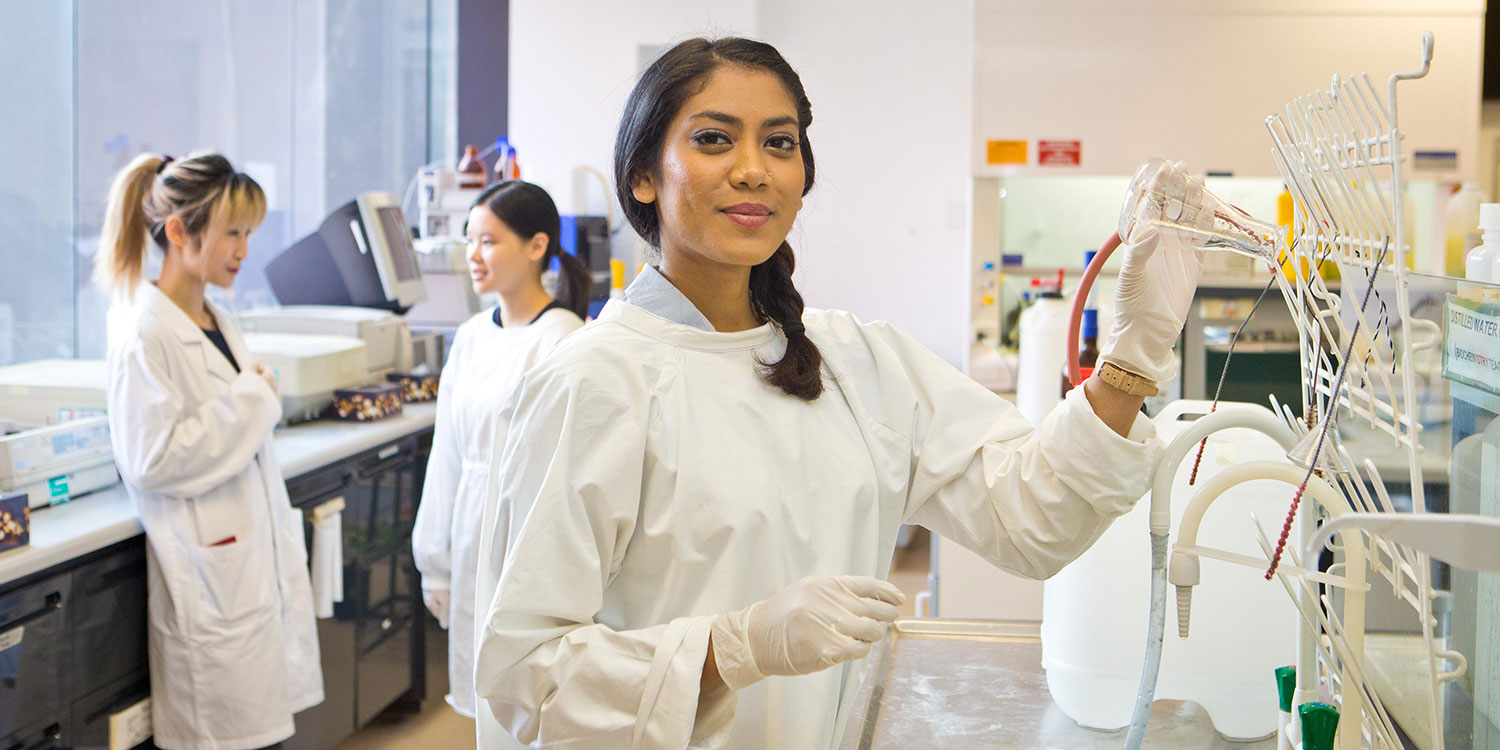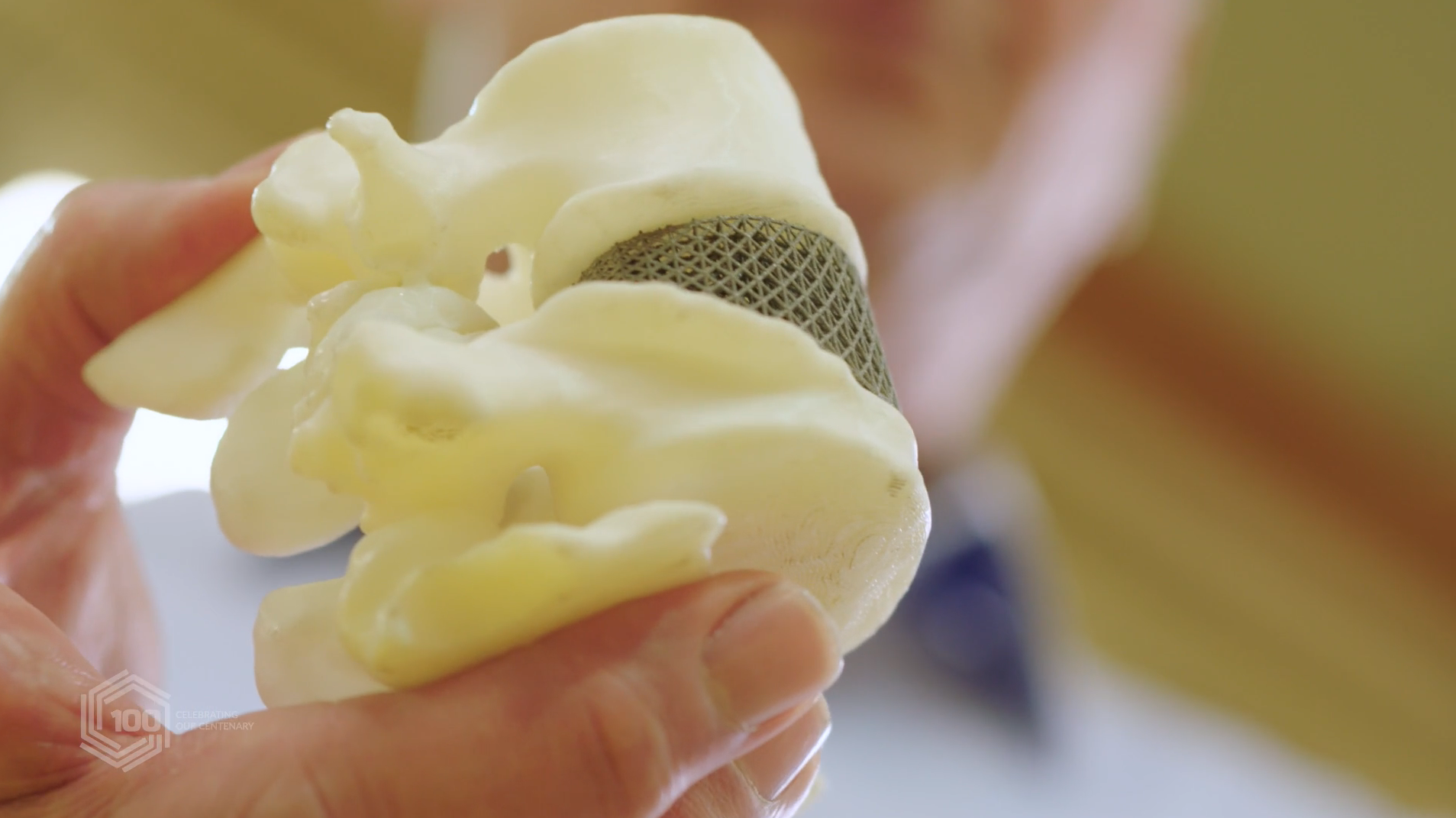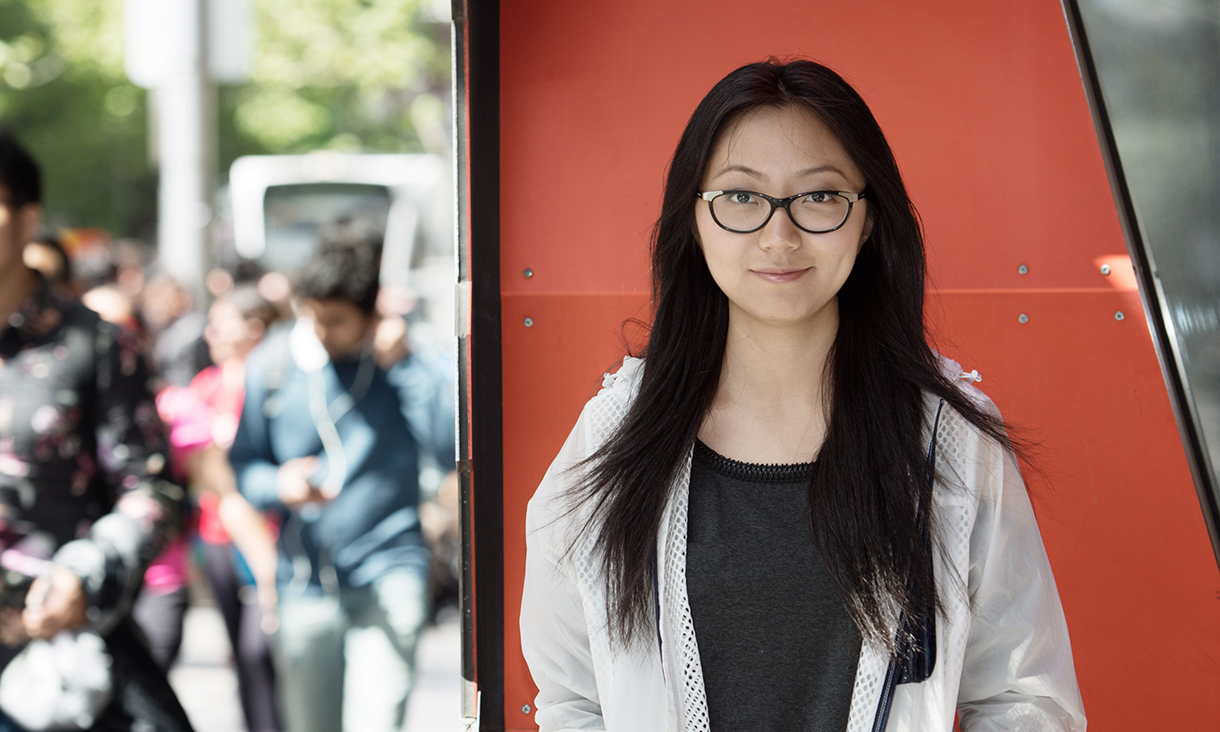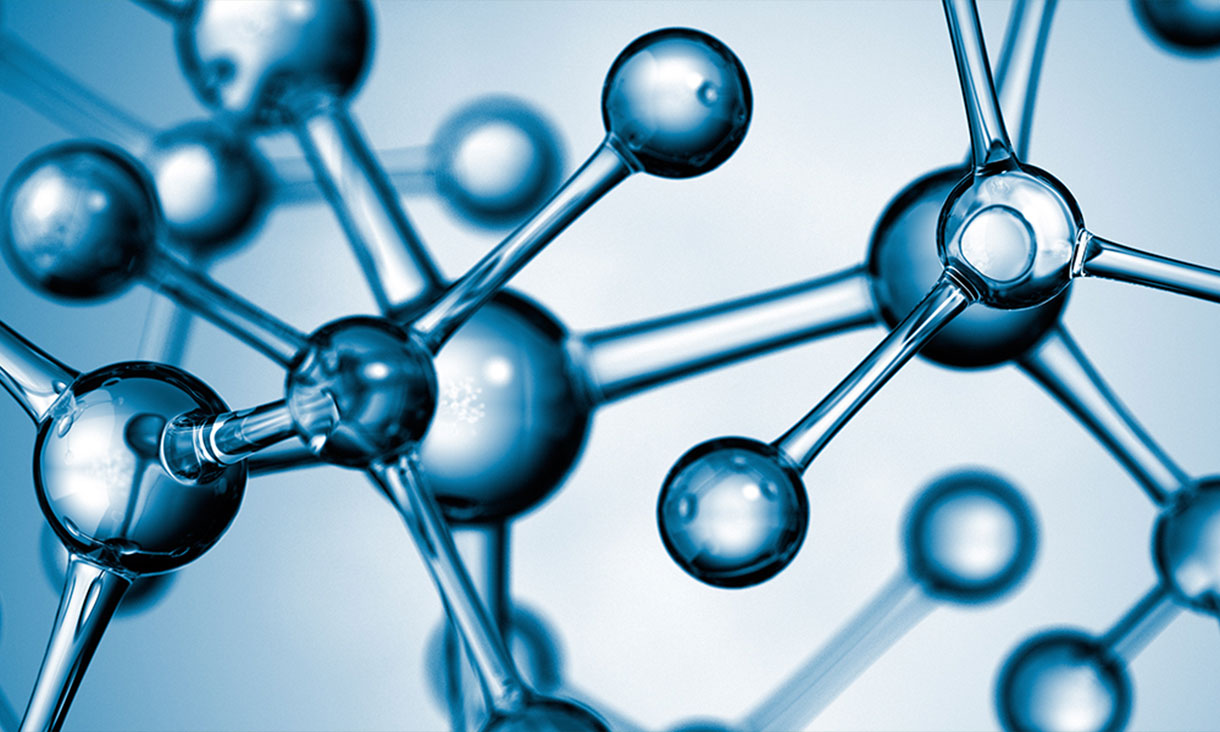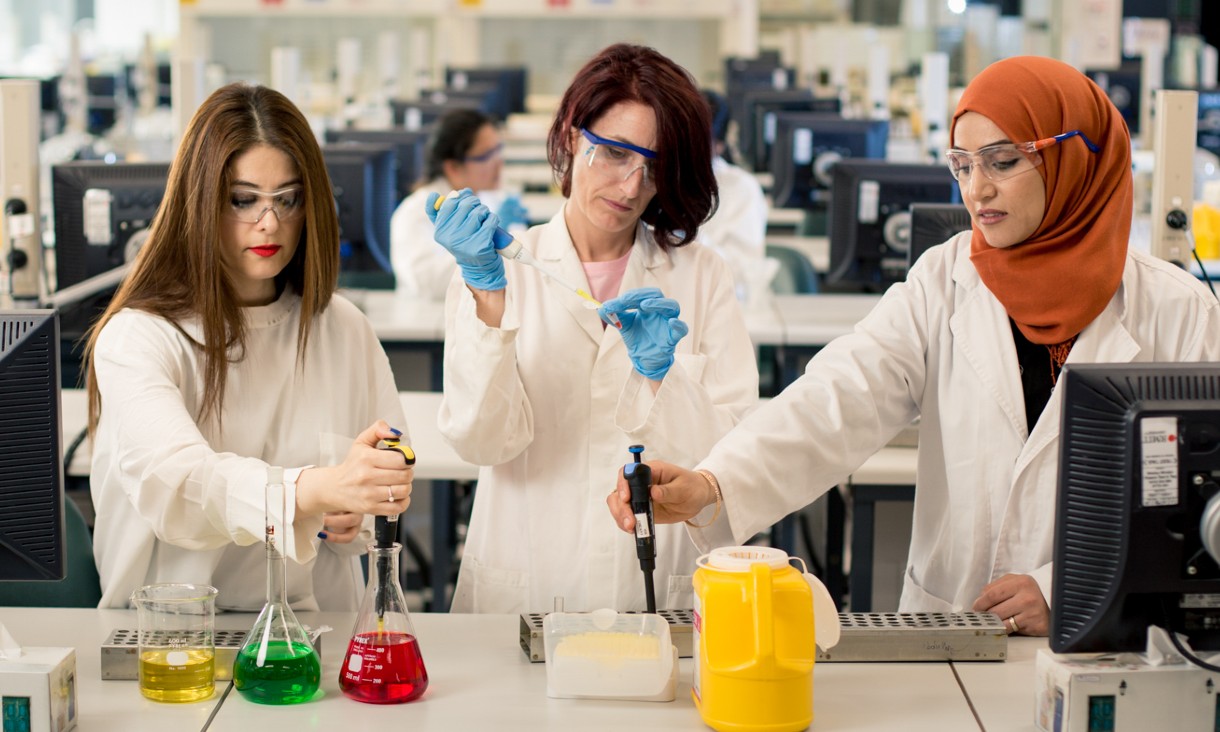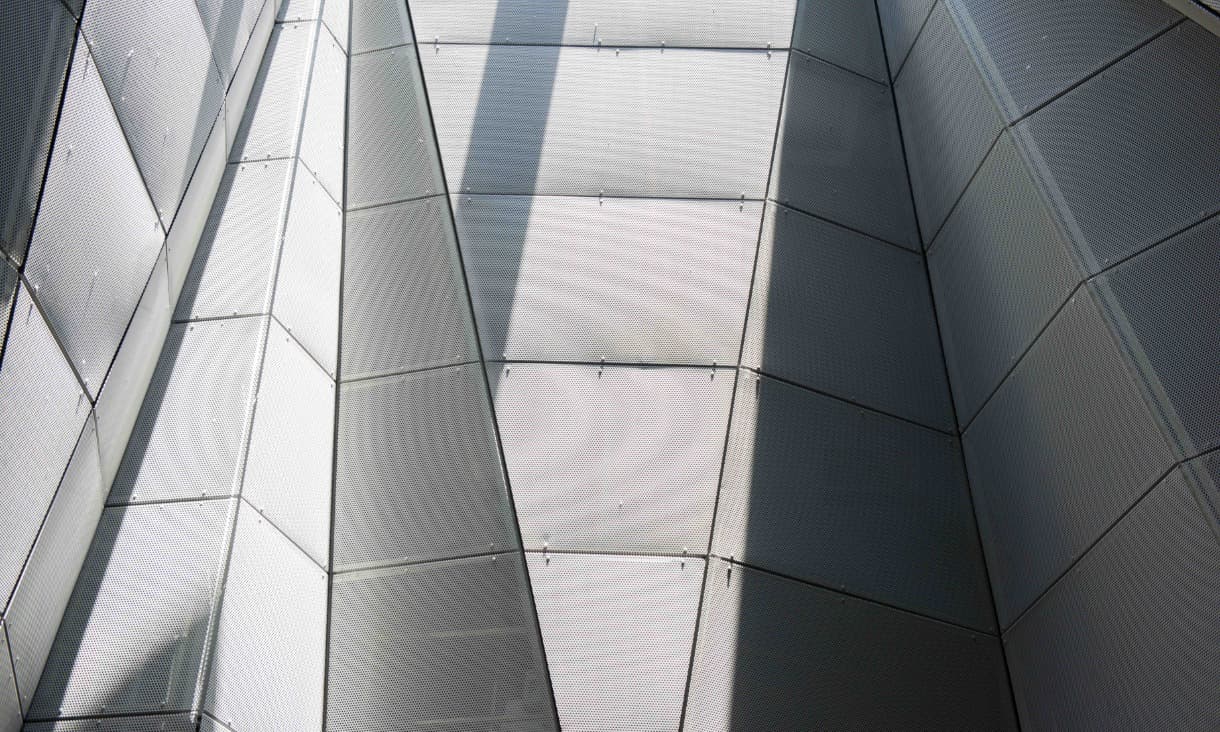[Start transcript]
[Music]
[Hugo]
Hey everyone, my name is Hugo. And today I’m going to take you through a little tour of RMIT’s Health Science facilities. Now, RMIT offers courses from certificates to diplomas, all the way through to postgraduate study. And most of them are taught here at our beautiful, green, leafy Bundoora campus.
So, RMIT offers a huge range of courses. From nursing and psychology to dental services and medical radiation. And our labs and wards are state-of-the-art. Which means the students are going to be able to get real-world experience that they’ll need in the workforce. So, let’s start off with one of the places that is used by students from a range of different disciplines, the RMIT Health Clinic.
So, the Health Clinic is open to the public and they offer a wide range of evidence-based and traditional health services. The students here are trained by industry practitioners in psychology, osteopathy, chiropractics, even Chinese medicine. And there are 62 different treatment rooms, so there is always room. Hey there, how are you doing?
[Music continues]
So, here the Chinese medicine students are trained to use a wide variety of techniques, including dietary therapy, herbal medicine, acupuncture. And they’re also trained to use this fully stocked herbal distillery and consultation rooms.
So, RMIT is the only university in Victoria to offer all three medical radiation streams. Medical imaging, radiation therapy and nuclear medicine.
In rooms like these, students are able to use the same functional x-ray tables that are used in most clinical hospitals. Complete with imaging processing systems. They are able to become more comfortable in an atypical work environment, like an ICU. Is she doing alright?
This x-ray C arm is used in mock theatre operating scenarios. In the real world, it’s used to visualise patient’s anatomy. But here, it helps students become more comfortable with real-world stressful work environments.
[Music continues]
RMIT’s Nuclear Medicine Degree is the only one in Victoria. The space is split up into two components. A cold, non-radiation lab and a hot, radio chemistry lab where they work with radiation. This lab is set up with dispensing stations, shielding, dosage calibrators, all to mimic the real-world environment.
This is our Virtual Environment of Radiation Treatment room or VERT for short. Here, using 3-D views, we can simulate the environment and the machines that we use for treatment.
This simulated health lab teaches students to put their pharmacy, nursing and medical radiation skills into practice. This is one of the new and very spacious wards with 48 beds in it. Here the students can practice a variety of patient care scenarios. Either role-playing with their classmates or on one of these high fidelity mannequins. I mean these guys are so high fidelity, they can even blink.
With mannequins like these, students can practice caring to wounds and administering injections.
Well, I hope you’ve enjoyed the tour of our incredible Health Science facilities. If you’ve got any more questions about studying, get in contact with Study at RMIT and they’ll be sure to give you a hand. Hope to see you soon.
[End transcript]

